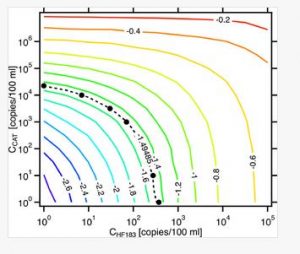Latest Happenings at Soller Environmental
At Soller environmental, there is always something new in the works. Here are some of the things we’ve been up to most recently:
Accepted for Publication in Environmental Science and Technology
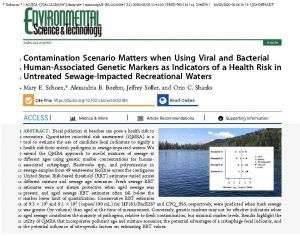
Abstract
A number of studies have used quantitative microbial risk assessment (QMRA) to derive risk-based water quality thresholds (RBTs) for a diverse set of novel water quality indicators in recreational waters. Over time, the QMRA approach has been refined with respect to model inputs and hazard characterization. Recent work considered differential decay of pathogens and indicators, and mixtures of contamination of diverse ages. In the present study, we present a refined ambient water quality RBT for the human-associated marker HF183. The new estimate updates previous work as it specifically considers contamination aging through the inclusion of temperature-specific organism decay, and the presence of mixtures of human sewage contamination of diverse ages. Based on these analyses we derived a RBT of 525 HF183 copies/100 mL as representative of conditions consistent with those described in the 2012 Recreational Water Quality Criteria (32 illnesses /1000). In recreational waters, microbial contamination due to gulls is also common. To account for this, we consider the case where human contamination from sewage co-occurs with contamination from gull feces. The resultant proposed median RBTs for HF183 range from 1 to 525 copies/100 ml and are a function of the amount of gull fecal contamination that is present in the water. The proposed RBTs can be considered for use in the evaluation of recreational water quality.
Accepted for Publication in Microbial Risk Analysis
2020 National Recreational Water Quality Workshop
Information found here
Hope to see you there.
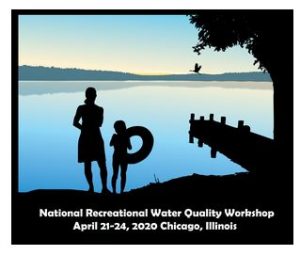
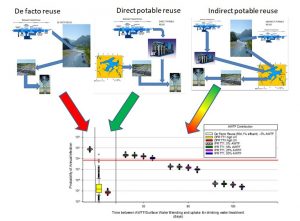
Accepted for Publication in Environmental Science and Technology
This article can now be found on the ACS Publications Page
National Water Reuse Action Plan Draft Released
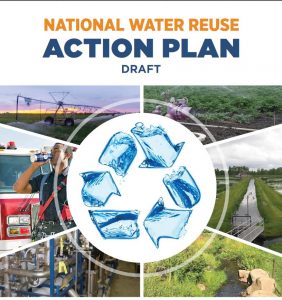
US EPA Assistant Administrator Dave Ross announced on September 10, 2019 the release of the
Draft National Water Reuse Action Plan. Over 1000 people attended the announcement at the WateReuse Symposium. There are 90 days to comment on the Draft Plan.
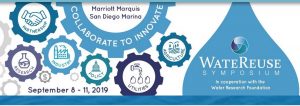
34th Annual Watereuse Symposium
We’ll be attending the WateReuse Symposium in San Diego September 8-11, 2019. Jeff will be presenting our latest potable reuse work in a presentation entitled “Potable Reuse and Microbial Risks –
A Critical Review and Comparison of Risks between Planned and DeFacto Reuse”.
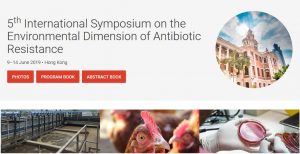
5th International symposium on the environmental dimension of antibiotic resistance
Mary participated in a Risk Assessment workshop in Hong Kong on June 9-14, 2019. The workshop was organized by Kerry Hamilton (Arizona State University) and Amy Pruden (Virginia Tech) as part of Water Research Foundation Project,”Critical Evaluation and Assessment of Health and Environmental Risks from Antibiotic Resistance in Reuse and Wastewater.” This workshop brought together risk assessment and AMR experts to discuss a future framework for AMR risk assessment.
